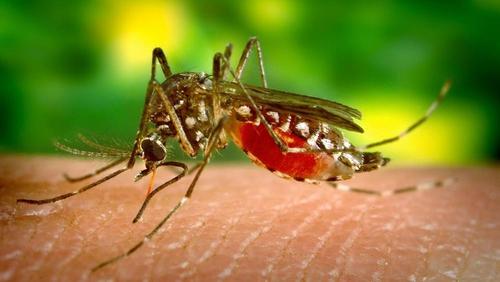
Understanding the Itching, Swelling, and Heat: A Detailed Guide to Bug Bites
Have you ever found yourself dealing with a bug bite that’s not just an ordinary bump on your skin? If so, you’re not alone. Bug bites can range from mild to severe, and sometimes, they can lead to a swollen, hot, and itchy sensation. In this article, we’ll delve into the details of bug bites, their symptoms, and how to manage them effectively.
What Causes Bug Bites?
Bug bites are caused by various insects, including mosquitoes, ticks, bed bugs, fleas, and bees. These insects inject their saliva into your skin while feeding, which can trigger an immune response in your body. The saliva contains substances that can cause inflammation, itching, and swelling.

Common Symptoms of Bug Bites
The most common symptoms of bug bites include:
| Symptom | Description |
|---|---|
| Redness | The area around the bite may become red and inflamed. |
| Swelling | The bite may swell, making it feel larger than before. |
| Itching | The bite may cause an intense itching sensation. |
| Hotness | The area around the bite may feel warm or hot to the touch. |
| Pain | In some cases, the bite may cause pain or a burning sensation. |
These symptoms can vary in intensity depending on the type of insect, the individual’s immune response, and the presence of any allergies.
Diagnosing Bug Bites
Diagnosing bug bites is usually straightforward. If you’ve been in an area where insects are known to thrive, and you’ve noticed a bite with the symptoms mentioned above, it’s likely a bug bite. However, if you’re experiencing severe symptoms or have a known allergy to insect bites, it’s important to seek medical attention.
Managing Bug Bites
Here are some tips to help manage bug bites and alleviate symptoms:
-
Wash the bite with soap and water to prevent infection.
-
Apply a cold compress to reduce swelling and numb the area.
-
Use over-the-counter antihistamines or hydrocortisone cream to reduce itching and inflammation.
-
Keep the bite area clean and dry to prevent infection.
-
Avoid scratching the bite, as this can worsen symptoms and lead to infection.
When to Seek Medical Attention
While most bug bites are mild and can be treated at home, there are certain situations where you should seek medical attention:
-
Severe swelling or redness that spreads beyond the bite area.
-
Difficulty breathing or swallowing.
-
Severe pain or a burning sensation.
-
A fever or other signs of infection.
-
A known allergy to insect bites.
Remember, if you’re ever in doubt, it’s always better to err on the side of caution and consult a healthcare professional.
Preventing Bug Bites
Preventing bug bites is the best way to avoid dealing with the discomfort and potential complications that come with them. Here are some tips to help you stay bite-free:
-
Wear long sleeves and pants when in areas where insects are known to thrive.
-
Use insect repellents containing DEET or picaridin.
-
Keep your home and yard free of standing water, as this can attract mosquitoes.







